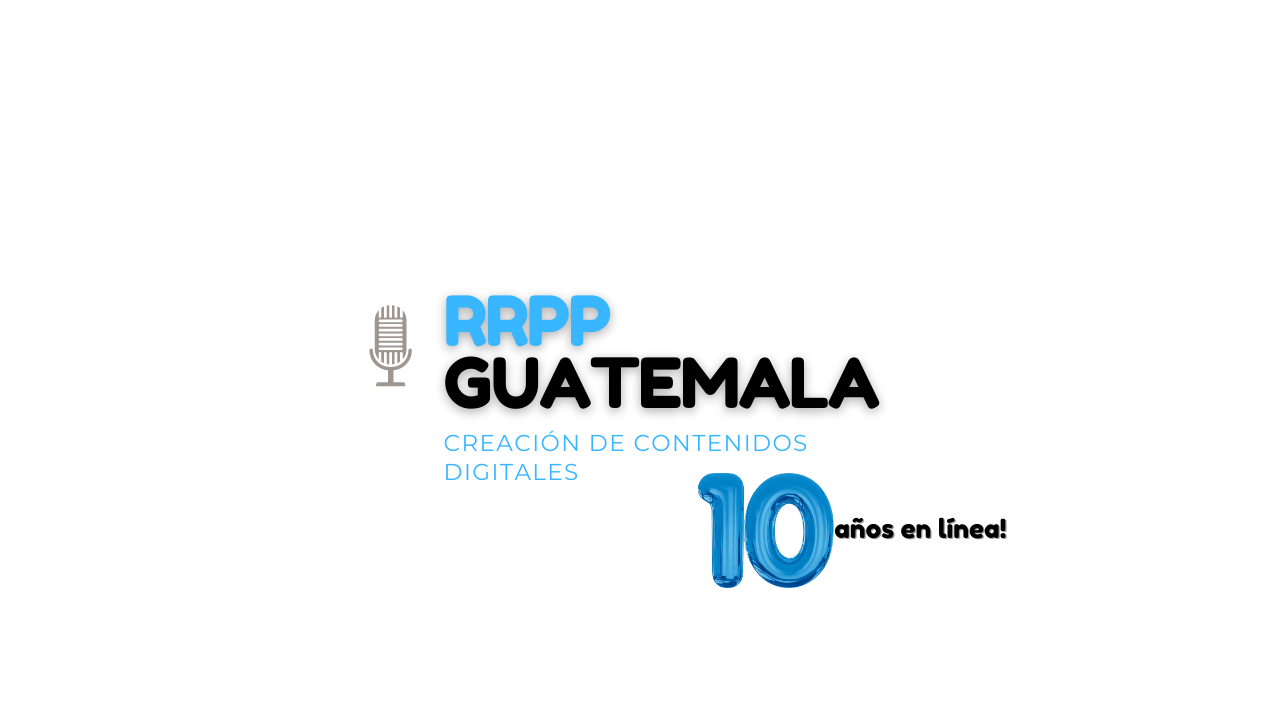Panama City – The United Nations World Food Programme (WFP) has received a contribution of US$5 million from the USAID’s Food for Peace Programme (USAID/FFP) to provide food assistance to 87,145 people to help them recover from the prolonged impact of last year’s drought in Honduras and Guatemala.
“We are grateful to USAID’s Food for Peace Programme for this timely contribution that will help smallholder farmers and day labourers not only recover from a severe drought but also enable them to build resilience to future climatic shocks,” said WFP Regional Director for Latin America and the Caribbean, Miguel Barreto.
In September 2014, WFP conducted emergency food security assessments in areas affected by drought in El Salvador, Guatemala and Honduras alongside key government counterparts, NGOs, UN agencies and other partners. These assessments showed that Honduran and Guatemalan families living in the Dry Corridor –a drought-prone region shared by El Salvador and Nicaragua—had been severely affected and therefore required continued humanitarian assistance until the next harvest in August/September 2015.
With USAID/FFP’s contribution, WFP will provide assistance to some 52,500 drought- affected people in Guatemala at an estimated cost of US$3 million. In Honduras, WFP will reach around 34,645 people with the remaining US$2 million.
WFP will provide cash and vouchers to the most vulnerable people, enabling them to engage in various asset creation activities such as building and managing water-courses, water harvesting, septic tanks, community aqueducts, agricultural terracing and drainage, latrines, and family and community gardens.
WFP and the governments of Guatemala and Honduras are coordinating the implementation of all asset creation activities with the technical support of partners on the ground. The activities are being conducted in Quiche and Jalapa in Guatemala, and in Intibucá, Lempira, Francisco Morazán and Copán in Honduras.
Besides boosting the local economy, cash and vouchers are useful when food is available in the markets, but people lack the resources to buy it. Recipients of cash and vouchers have expressed appreciation because they can buy the main staples in addition to choosing other food items, such as fresh fruit and vegetables.
#
WFP is the world's largest humanitarian agency fighting hunger worldwide, delivering food assistance in emergencies and working with communities to improve nutrition and build resilience. Each year, WFP assists some 90 million people in 80 countries.
Follow WFP on Twitter @wfp_media


Comentarios